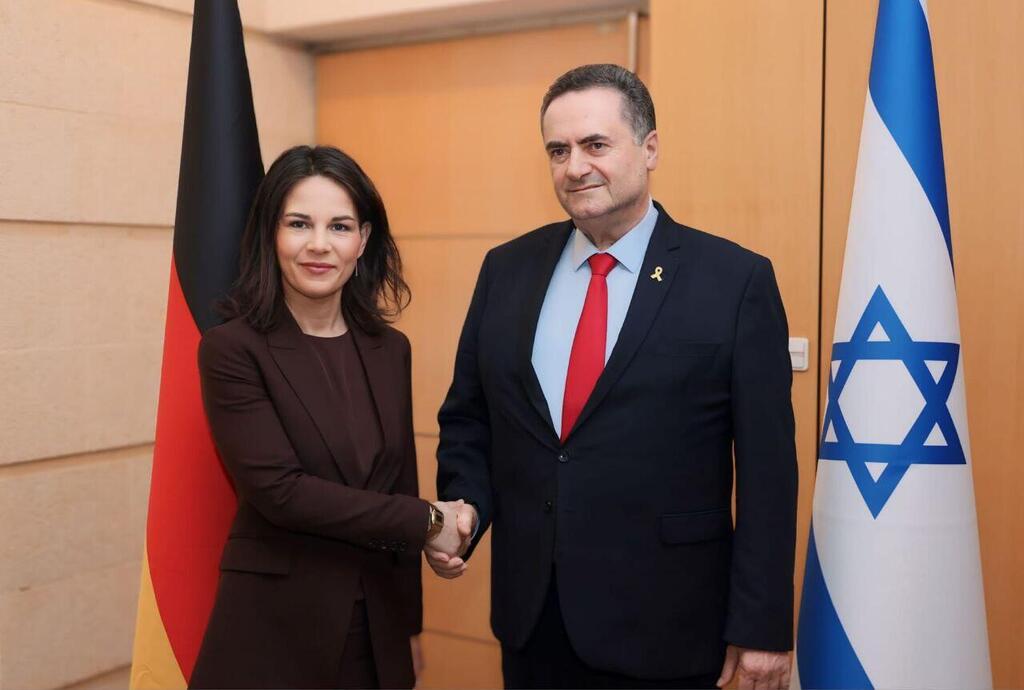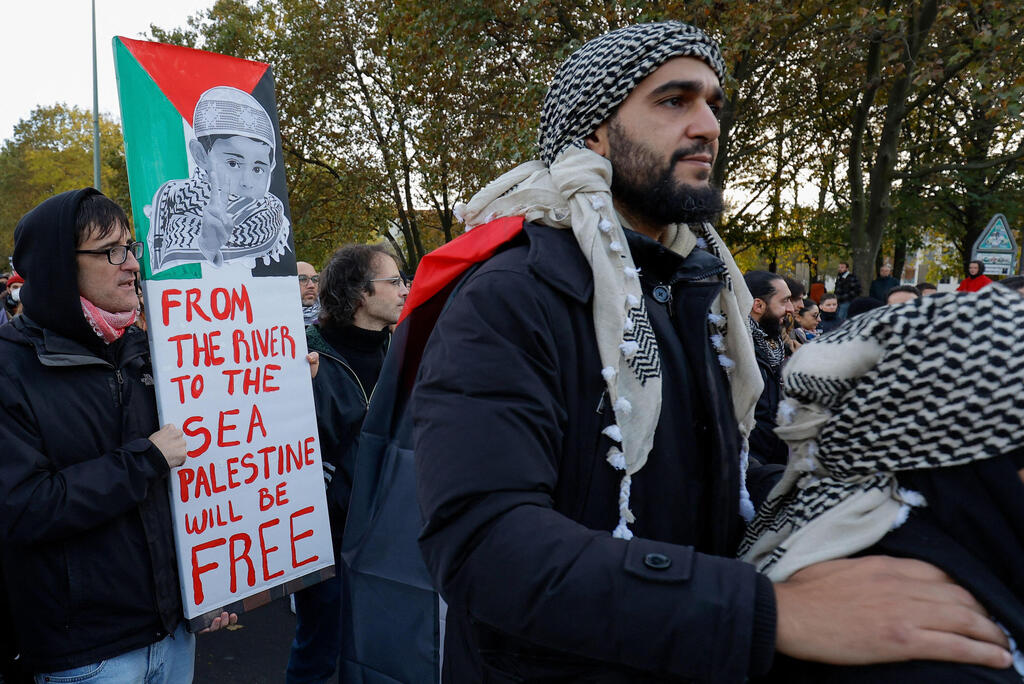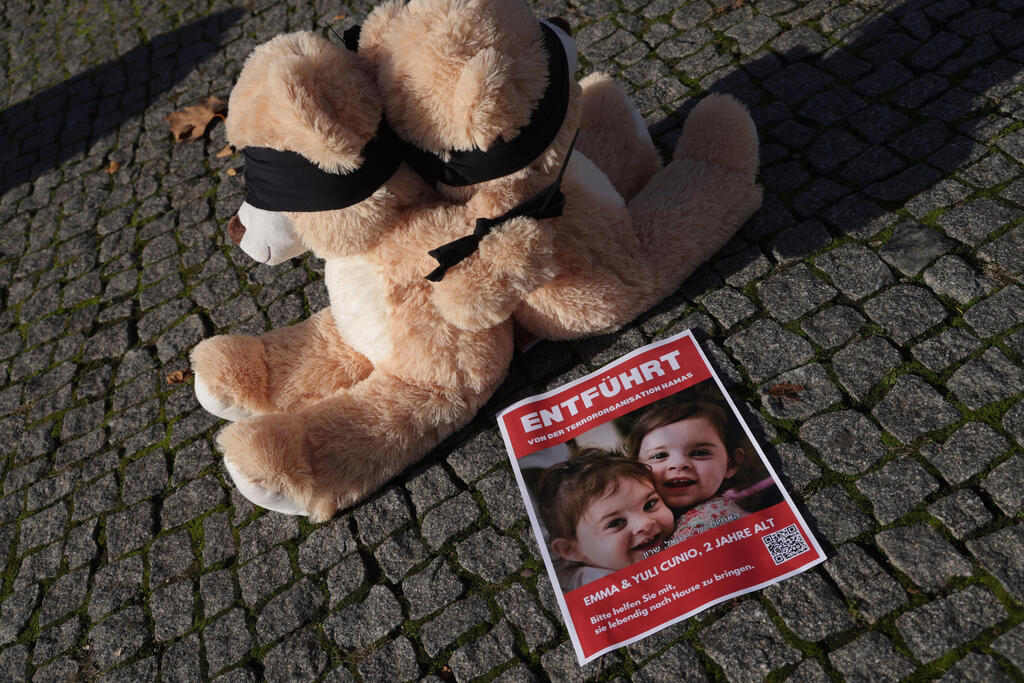Getting your Trinity Audio player ready...
The Iranian regime-backed Hamas slaughter of nearly 1,200 people in the northwestern Negev on October 7, including the German-Israeli Shani Louk, should have jolted the tiny pro-Israel community in Germany out of its passivity into a fighting organization.
German society needs to embrace the American Israel Public Affairs Committee (AIPAC) model of organizing for the security of Israel.
Sadly, the German foreign ministry-funded German-Israel Friendship Association (DIG), with its roughly 5,500 members, remains marred in a disturbing conflict of interest that bars it from influencing a change in the anti-Israel and pro-Islamic Republic of Iran policies of Chancellor Olaf Scholz’s government.
Put simply, the DIG’s dependence on the financial support of the Green party-led foreign ministry makes it largely beholden to the crude anti-Israel policies of Foreign Minister Annalena Baerbock. Her ministry quickly restored its funding for UNRWA, an organization that Israel considers a kind of wholly-owned subsidiary of Hamas because it harbors terrorists in its facilities and its employees educate Gaza children to aspire to be terrorists and murdered Jews on October 7.
The DIG is incapable of launching a broad-based pressure campaign to convince German taxpayers that they should not fund lethal antisemitism via UNRWA.
The DIG’s controversial president, the Green party politician Volker Beck, admitted that the Friendship Association is beholden to a number of the foreign ministry’s anti-Zionist policies. In an audio recording of a conversation that took place during the summer of 2022, Beck imposed a BDS ban on the Israeli grassroots organization Im Tirtzu which aids IDF soldiers. Beck justified his boycott of Im Tirtzu by noting: “We are just under observation by the Foreign Office.”
Beck’s past is checkered. In 2013, he enabled his party to introduce a BDS measure in the Bundestag to sanction Jewish products from Judea and Samaria via an antisemitic labeling system. Just a year later, Beck was urging on Twitter that Germany withhold military aid to Israel. Beck was ousted from the Bundestag for possession of crystal meth and deceived the German public about his authorship of a pro-pedophilia article, according to Der Spiegel.
Rather than organize the unorganized 5,000+ DIG members to hit the streets to protest against German government-sponsored antisemitism and pro-Iran and pro-Hamas policies, Beck and many Friendship Association leaders spend valuable time on social media. Social media posts, conferences, and lectures don’t significantly alter Germany’s anti-Israel and pro-Iran regime public policies and laws.
To secure real political power, the DIG’s members should quit the association and establish a private, independent German-Israel organization. Germans should replicate the AIPAC model that punishes politicians who embrace Hamas and stoke antisemitism against the Jewish state. AIPAC’s efforts recently contributed to the defeat of New York Democratic Congressman Jamaal Bowman who denied Hamas’ rape atrocities on October 7.
Germany’s policies toward Israel since the countries established diplomatic relations in 1965 have largely consisted of top-down-style power politics. October 7 has demonstrated the impotent and utterly powerless state of pro-Israel activity in Germany on the grassroots level. Politicians and policymakers simply feel no pressure from voters to, for example, ban Iran’s Islamic Revolutionary Guard Corps (IRGC) in Germany. Canada and the United States have designated the IRGC as a terrorist entity.
There is no shortage of anti-Israel Hamas and Iranian regime targets in Germany. The late American-Jewish community organizer Saul Alinsky famously wrote in his book “Rules for Radicals: A Pragmatic Primer for Realistic Radicals” (1971) that an organization needs to “Pick the target, freeze it, personalize it, and polarize it. Cut off the support network.”
A fiery and independent pro-Israel organization founded and funded by Germans—with no government control or interference—could quickly run campaigns to end Stuttgart Mayor Frank Nopper’s decision to enable a Hamas group to fundraise on the city’s website. If Nopper does not delete fundraising information for Hamas, voters will ensure that he is not re-elected.
Additional targets should be the antisemitic twin-city partnership between the German city of Freiburg and Isfahan in Iran endorsed by Freiburg’s Mayor Martin Horn; the reversal of Germany’s adoption of the BDS-labeling policy; and the closure of all Iran regime-linked and -controlled institutions and mosques.
 Benjamin Weinthal
Benjamin WeinthalThe new organization should also fight to secure the dismissal of worthless German commissioners tasked with fighting Israel-related antisemitism, such as Gerhard Ulrich, from the northern state of Schleswig-Holstein, and Michael Blume, from the southern state of Baden-Württemberg. Both Ulrich and Blume have demanded that Israel tear down its security barrier that has saved the lives of thousands of Jews and Arabs from Palestinian terrorism. Both commissioners are deemed to be antisemitic and likened the anti-terror barrier to the now-defunct Berlin Wall.
Germany is largely a consensus and cooperative-driven society. To effect fundamental change in pro-Israel activity, the new organization would need to be devoted to confrontation and hardball power politics. If the battle cry of “Never Again is Now” is to be filled with genuine meaning, the establishment of a new German-Israel organization along the lines of AIPAC is desperately needed.
- Benjamin Weinthal is a writing fellow for the Middle East Forum.







